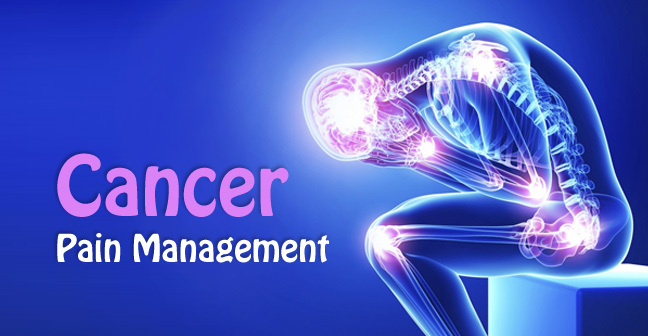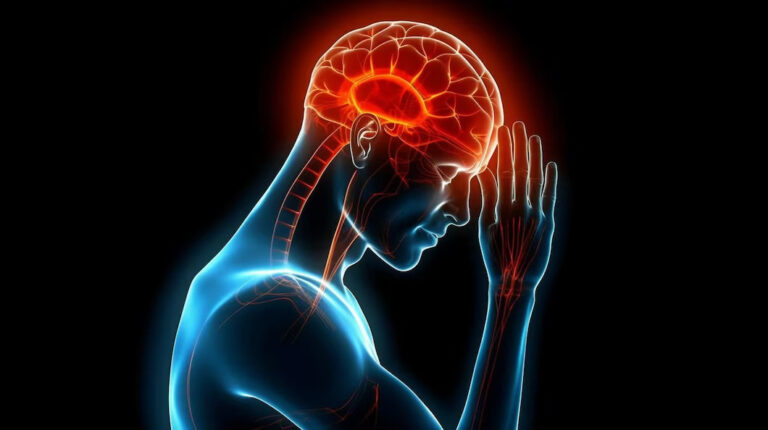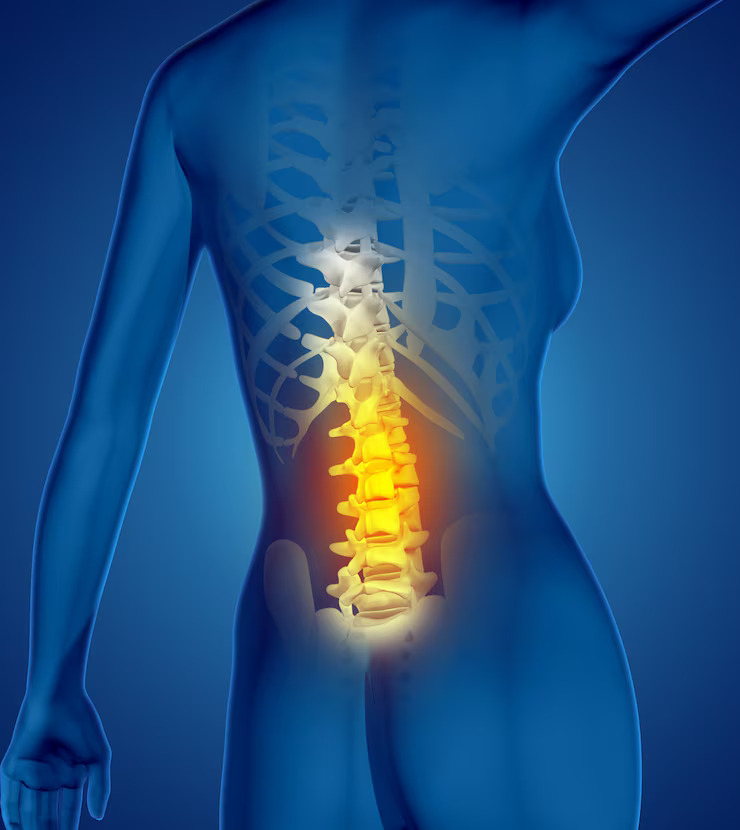Understanding and Managing Nerve Pain: A Comprehensive Guide.
Nerve pain, also known as neuropathic pain, is a complex and often debilitating condition that arises from damage or dysfunction in the nervous system. Unlike typical pain sensations, nerve pain can manifest as sharp, stabbing, or burning sensations, challenging those who experience it both physically and emotionally. This article delves into the intricacies of nerve pain, exploring its causes, symptoms, diagnosis, and various management strategies to provide relief for individuals grappling with this challenging condition.
Understanding Nerve Pain
- Causes:
- Nerve pain can result from various causes, including injuries, infections, diabetes, autoimmune diseases, and certain medications. Chronic conditions such as diabetic neuropathy and sciatica are common culprits.
- Symptoms:
- The symptoms of nerve pain are diverse and may include sharp or shooting pain, tingling, numbness, and a heightened sensitivity to touch. These sensations can significantly impact an individual’s quality of life.
Diagnosing Nerve Pain
- Medical Evaluation:
- Diagnosing nerve pain often requires a thorough medical evaluation. Physicians may review medical history, conduct physical examinations, and order tests such as nerve conduction studies or imaging to identify the underlying cause.
- Differentiating Types of Nerve Pain:
- Nerve pain can manifest in various ways, and identifying the specific type is crucial for effective management. Conditions like diabetic neuropathy, sciatic nerve pain, and trigeminal neuralgia have distinct characteristics that inform targeted treatment approaches.
Management Strategies
- Medications:
- Medications such as anticonvulsants, antidepressants, and certain pain relievers are commonly prescribed to alleviate nerve pain. These medications work by modulating nerve signals and addressing the underlying causes.
- Physical Therapy:
- Physical therapy plays a vital role in managing nerve pain. Specialized exercises can help improve strength, flexibility, and overall function while minimizing pain.
- Topical Treatments:
- Topical treatments, including creams and patches containing analgesic or anti-inflammatory agents, can provide localized relief for nerve pain.
- Nerve Blocks and Injections:
- In some cases, nerve blocks or injections of corticosteroids may be recommended to reduce inflammation and alleviate pain.
- Lifestyle Modifications:
- Lifestyle changes, such as maintaining a healthy diet, managing stress, and avoiding activities that exacerbate symptoms, contribute to overall pain management.
Emerging Treatments and Research
- Neuromodulation:
- Neuromodulation therapies, such as spinal cord stimulation and peripheral nerve stimulation, are emerging as promising options for individuals with persistent nerve pain.
- Research into Targeted Therapies:
- Ongoing research aims to identify targeted therapies addressing specific mechanisms underlying nerve pain. This includes exploring novel medications and interventions to improve outcomes for individuals with challenging neuropathic conditions.
Conclusion
Nerve pain poses a significant challenge for those affected, impacting not only physical well-being but also quality of life. Understanding the causes, symptoms, and available management strategies is crucial for individuals and healthcare professionals alike. As research advances and new treatments emerge, there is hope for improved outcomes and enhanced relief for individuals navigating the complexities of nerve pain. In the quest for effective management, a multidisciplinary approach combining medical interventions, lifestyle modifications, and emerging therapies offers a comprehensive strategy to empower individuals in their journey towards relief and improved quality of life.







